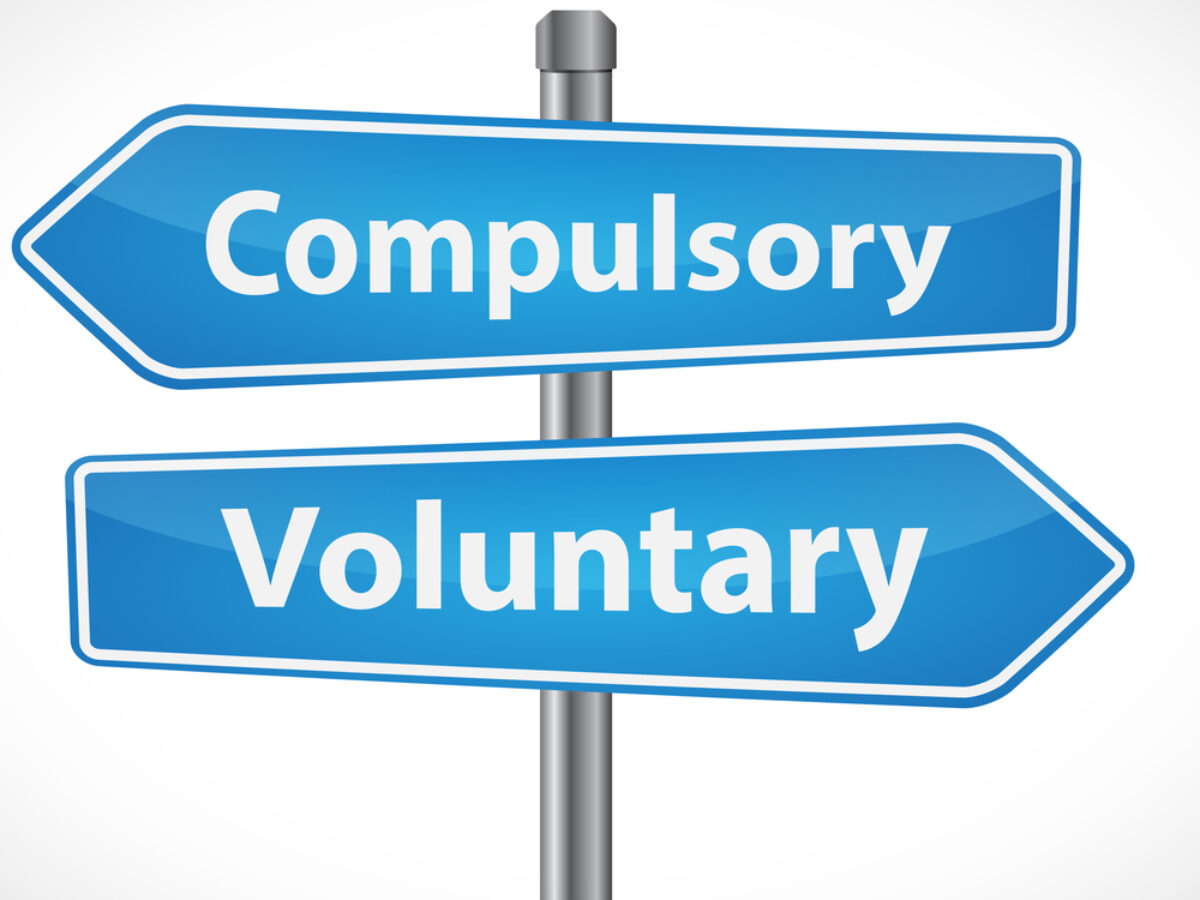Trick Considerations Relating To Compulsory Strike Off and the First Gazette Notice
Trick Considerations Relating To Compulsory Strike Off and the First Gazette Notice
Blog Article
Comprehending the Refine and Implications of Compulsory Strike Off Under Firm Regulation
In the world of firm law, the procedure and ramifications of mandatory strike off hold significant weight for organizations and their supervisors. Comprehending the ins and outs of why business face such an end result, the meticulous steps associated with the strike off process, and the far-ranging ramifications for all parties entailed is crucial in navigating the complicated landscape of business governance. As we look into the factors behind obligatory strike offs, the occurring treatments, and the succeeding repercussions, a clearer photo arises of the extensive effect it can have on people and entities alike.
Factors for Compulsory Strike Off
Required strike off under company law is launched by the regulative authorities for specific factors connected to operational or non-compliance abnormalities. The key reason for a firm to deal with required strike off is the failing to submit yearly returns or financial declarations for an extended period. This non-compliance indicates a lack of transparency and adherence to regulatory requirements, increasing worries about the firm's economic health and wellness and liability.

Process of Strike Off
Offered the governing authority's initiation of mandatory strike off for different factors, understanding the process of strike off is critical for business encountering potential dissolution under business legislation. The procedure commonly begins with the regulatory authority sending notifications to the company's registered office address, informing them of the impending strike off. It is essential for the company to address any type of outstanding concerns, such as submitting past due files or resolving outstanding charges, within the defined duration to prevent dissolution.

Effects for Firms
What are the implications for business facing compulsory strike off under business regulation? Firms dealing with required strike off may encounter several substantial effects.
In addition, the business's properties at the time of strike off end up being residential or commercial property of the state, which can bring about economic losses for lenders and shareholders. Shareholders might shed their investments, while lenders might have a hard time to recoup any type of outstanding debts owed to them by the struck-off business.
Furthermore, directors of the firm might face disqualification from holding similar positions in other companies for a given period (first gazette notice). This can tarnish their specialist track record and limit their future organization chances
Consequences for Supervisors
Encountering mandatory strike off under firm law can have serious implications for directors, influencing their future functions in other companies and possibly tarnishing their expert standing. Directors of a business facing obligatory strike off might locate it challenging to safeguard directorial positions in various other companies in the future. Generally, the look at more info consequences of required strike off for supervisors prolong beyond the particular firm in concern, affecting their job leads and expert reputation in the long term.
Staying Clear Of Compulsory Strike Off

Conclusion
In final thought, comprehending the procedure and implications of mandatory strike off under company regulation is necessary for directors and business to ensure compliance with policies. By recognizing the reasons for strike off, the procedure involved, and the repercussions for all events entailed, companies can take steps to prevent undergoing required strike off. It is very important for directors to be aggressive in preserving proper documents and conference statutory responsibilities to avoid the risk of strike off.
Offered the regulative authority's initiation of required strike off for different reasons, comprehending the procedure of strike off is essential for companies dealing with potential dissolution under company legislation.What are the ramifications official statement for firms encountering compulsory strike off under company regulation?Dealing with compulsory strike off under firm legislation can have extreme ramifications for supervisors, influencing their future roles in various other business and possibly tainting their specialist standing. Directors of a business dealing with mandatory strike off may find it challenging to safeguard directorial positions in other business in the future.In conclusion, comprehending the procedure and effects of mandatory strike off under company regulation is necessary visit for directors and business to make certain compliance with laws.
Report this page